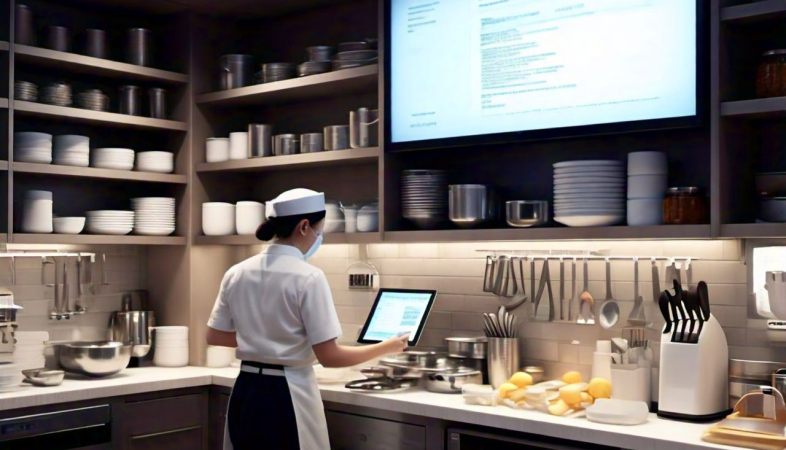SHARE
Commercials
More Posts
Mar 19, 2025
Avo Orange Salad - By Chef Pradnyavant Madhale
Feb 07, 2025
Cabinet Pudding - By Chef Indrajit
Jun 07, 2025
Paan - By Chef Sumant Sharma
Mar 19, 2025
Avo Orange Salad - By Chef Pradnyavant Madhale
Feb 07, 2025
Cabinet Pudding - By Chef Indrajit
Jun 07, 2025
Paan - By Chef Sumant Sharma
Mar 19, 2025
.png)



























